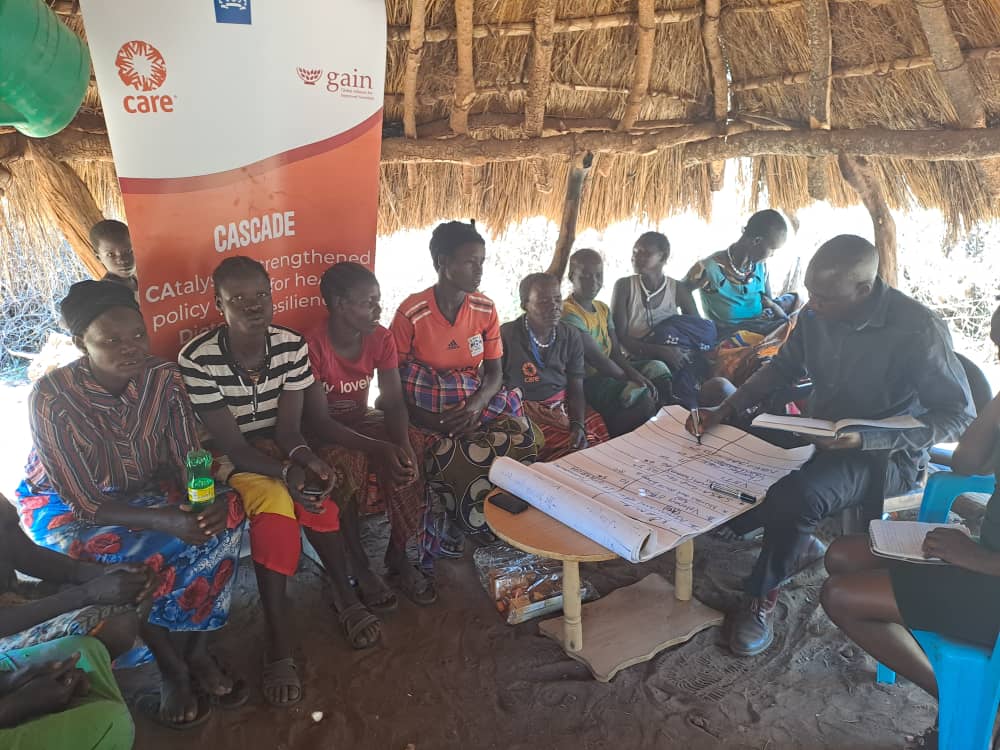
 Etoil A Karamoja
Etoil A Karamoja

 Etoil A Karamoja
Etoil A Karamoja
12 March 2024, 4:26 pm
Care International has intensified its efforts to combat detrimental cultural practices affecting the dietary intake of women of reproductive age and children under five years old in the Karamoja sub-region.

Food taboos have been identified as significant barriers contributing to high levels of malnutrition among women and children.
These taboos include prohibitions on consuming the meat of dead animals, offal, liver, certain vegetables, chicken, and other items.
According to local elders, individuals who disobey these taboos may face consequences such as sickness, infertility, miscarriages, and even engaging in prostitution, depending on the taboo violated.
Johnson Kodoit, an elder from Kangole Middle Village in Kangole Town Council emphasized the role of elders in determining acceptable food for consumption.
Stella Abura, a mother of seven from Kangole Middle Village, attested to the strict adherence to these norms, acknowledging the burden it places on women’s work.
Judith Chale, the Nutrition Hub Manager at Care International for the Karamoja sub-region, explained that they are conducting assessments in the districts of Abim, Moroto, Kotido, and Napak to understand the social norms influencing food and nutrition behaviors among the Karamojong communities.
Chale emphasized the importance of this research in informing culturally sensitive approaches to address food and nutrition challenges, particularly for women and young children who face significant obstacles in accessing resources.